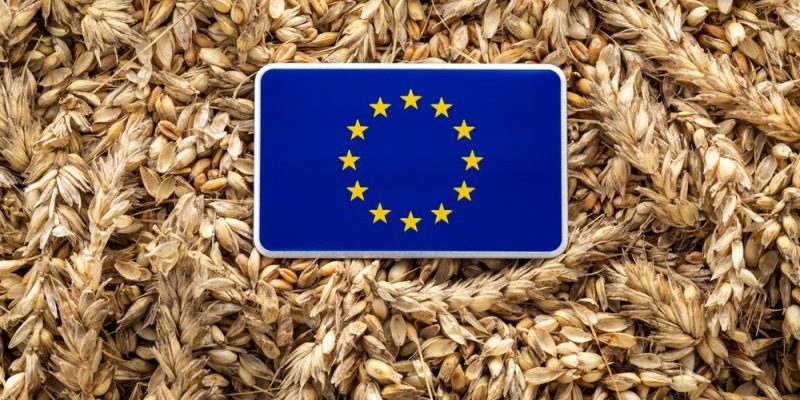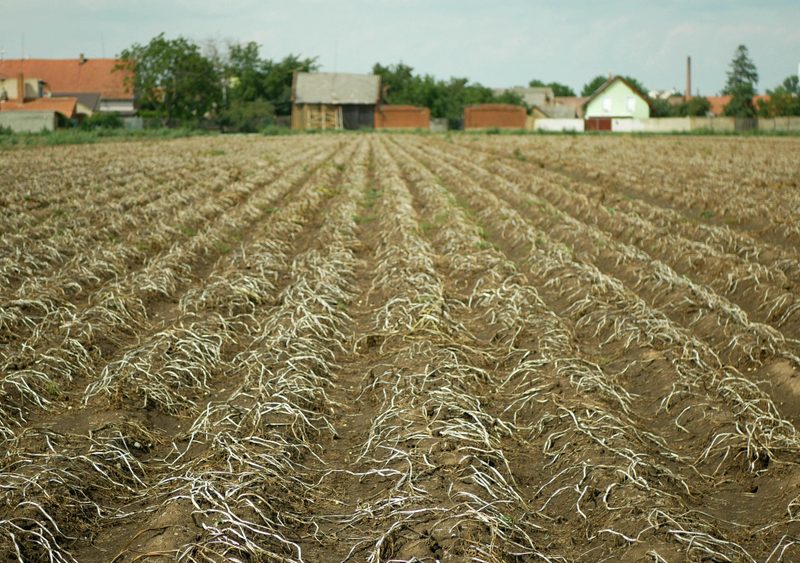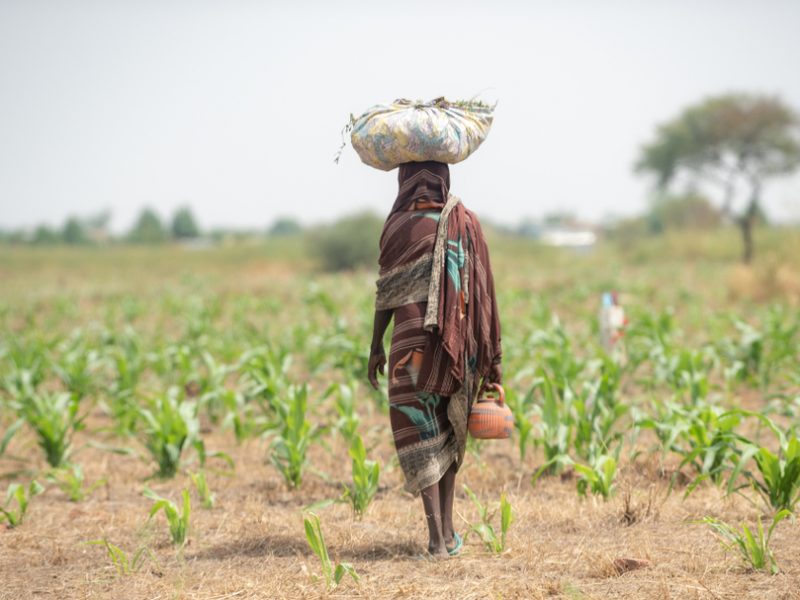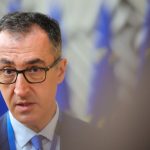Risking European agriculture productivity for sustainable farming goals may cause global tensions, as other countries cannot make up for the bloc’s reduced output, says a United Nations (UN) expert.
The European Commission’s Green Deal, including the 2020 Farm to Fork strategy, seeks to establish the EU’s food system as a global sustainability standard. By 2030, the plan aims to halve pesticide use, cut fertiliser use by 20%, and dedicate a quarter of agricultural land to organic farming.
However, concerns about potential impacts on agricultural productivity and the EU’s global leadership and trade relationships have arisen.
Europe needs to find a balance between its global and regional external action and its domestic sustainable agenda, according to David Laborde, director of the agri-food economics division at the UN food agency (FAO).
“I think the greening of European agriculture is very important. It’s about sustainability, and we cannot sacrifice sustainability,” he said.
“But it doesn’t mean that Europe can sacrifice productivity either,” he continued, adding that the issue at stake is how EU countries can get sustainable intensification gain and productivity at once.
For the UN official, the world could not do without Europe if the continent would give up on its role in the global supply and demand of agricultural commodities.
“The less Europe produce, the less it will export, and the more it will demand on global markets. This can increase tension,” warned Laborde.
For this reason, the bloc has to face the tough task of finding the right “mix of domestic and global policy”, which should also serve the EU to maintain its leadership on the world stage regarding food and nutrition.
Food ‘insecurity’ on the rise
Laborde was among the coordinators of the 2023 State of Food Security and Nutrition in the World (SOFI) report, published in July by the FAO and other 4 UN bodies – the World Health Organisation (WHO), the International Fund for Agricultural Development (IFAD), the World Food Programme (WFP), and the United Nations Children’s Fund (UNICEF).
The report found that food insecurity – in the form of chronic hunger, undernourishment and malnutrition, particularly for children – is on the rise due to the COVID pandemic, several climate shocks, and local conflicts such as in Yemen, Syria, and Ukraine.
The 2023 edition of the study showed that there are also more food-insecure people in the UK and continental Europe, mostly due to economic crises and the increased cost of living.
“In the last three years, what we are seeing is rising food insecurity within European nations,” said Laborde.
Food security is a concept carved into the EU Treaties and, together with farmers’ income support, takes centre stage in the EU’s main farming subsidies programme, the Common Agriculture Policy (CAP).
However, the concept takes on a different meaning these days. “When you are in Europe [and you are food-insecure], you don’t fall into hunger, but you have to start to sacrifice what you eat in terms of quality rather than quantity,” he explained.
The percentage of moderately or severely food-insecure people in Europe remains still below the threshold of 8% compared to more than 70% in low-income countries.
“Still, it’s a relatively big increase for Europeans [compared to previous years],” he said. “It’s not just something you see on TV, but people start to be concerned about that.”
Markets and development aid
The EU’s role in rebalancing the supply and demand of food should not be underestimated by the UN official, considering the level of uncertainty in agricultural markets.
“The mission of markets is not to take care of the poorest. Thinking that markets are naturally going naturally to frame inequality and inclusiveness will be a bit naïve,” he said.
In this sense, the sustainability aspects of farming become particularly relevant since many environmental externalities impact the price of agricultural commodities, Laborde stressed.
However, Europe is called on to maintain the same leadership as the world’s largest donor in providing development aid.
“Europe is still playing a major role, and that’s good. There’s still a bit more to do,” he concluded, referring to the relatively small amount Europe spends per inhabitant in aid to ensure global food security.
[Edited by Alice Taylor]




